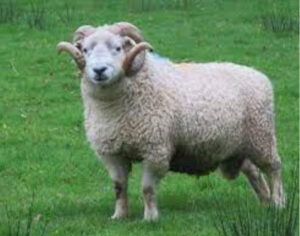Diabetes mellitus, also known as “sugar” diabetes is a complex disease that is common in cats; a recent survey suggests that nearly 1:200 cats are diabetic. Diabetes in cats, like diabetes in dogs and people, arises because there is either not enough insulin produced or alternatively the body doesn’t respond to the insulin as it should. Insulin, which is released from the pancreas, plays a vital role in the body. It controls the flow of glucose (sugar) from the bloodstream into the cells of the body. When insulin is deficient or ineffective, the cat has to break down fat and protein instead for energy. This then causes a cascade of events which lead to the disease.
Whilst diabetes can affect any cat, it most often occurs in older, overweight to obese cats. Male cats are more prone to the condition as are Burmese cats. It is not clear what the exact cause of diabetes is, but the above are all known risk factors. Ensuring one’s pet cat is of normal bodyweight, for example, significantly reduces their risk of developing the condition.
So what to look for? Diabetics tend to lose weight (sometimes dramatically) despite having a good to ravenous appetite. Diabetics also tend to be extremely thirsty and they drink to excess. Of course, this ultimately causes them to urinate excessively as well. Other signs to watch out for include lethargy, a poor scruffy hair coat and an unwillingness to jump.
Not all diabetic cats show all of these signs, so if you are worried that your cat may have the condition, please contact us. A urine and blood test are usually required to confirm whether your pet has the condition. If your cat does, we can treat this disease successfully with a combination of diet, exercise and insulin. Like all diseases, catching diabetes early significantly improves the outcome. In the case of diabetic cats, early treatment has the added benefit that it is sometimes possible to reverse the disease so that the cat is no longer diabetic.
If you would like further information on diabetes or would like your pet checked for the condition, please
contact us at the practice.



